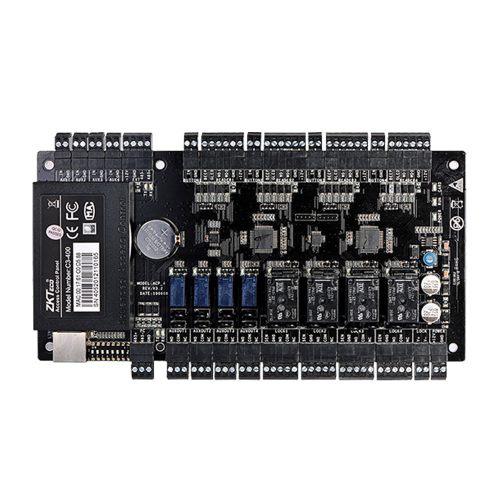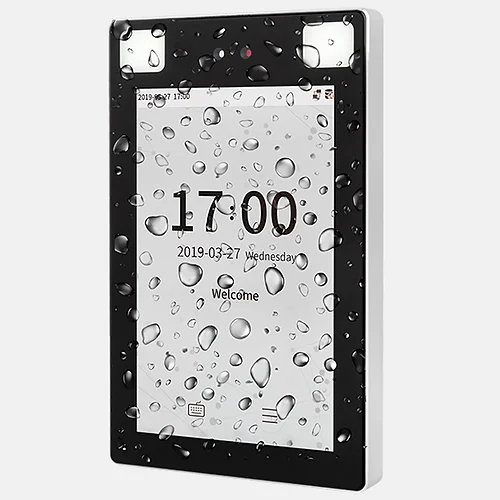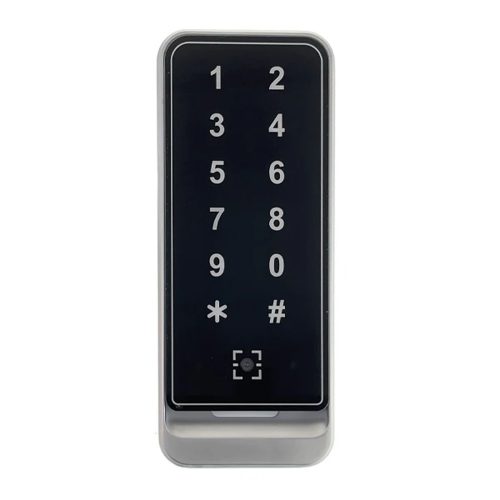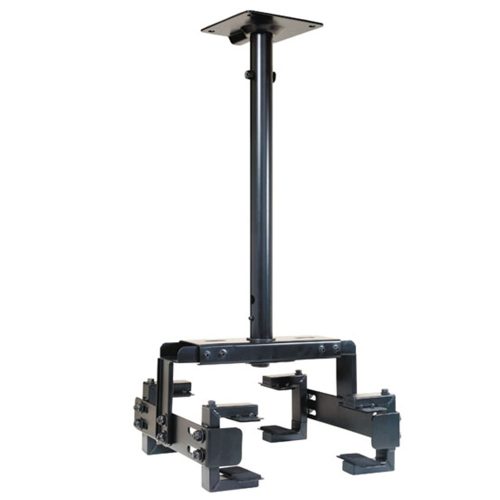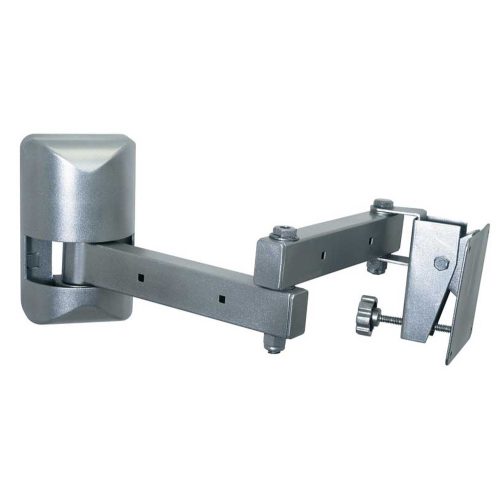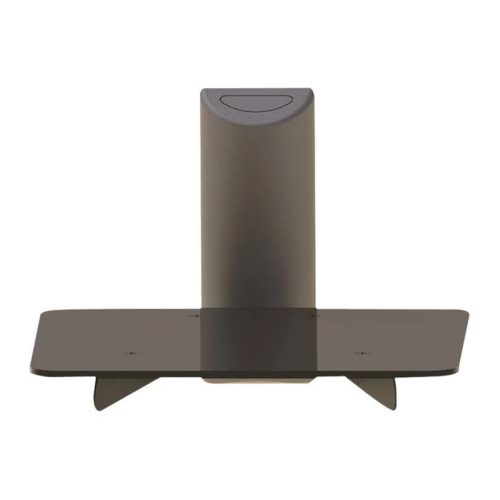How Do I Choose the Right XLR Connector for My Sound System?
Introduction: The Importance of Choosing the Right XLR Connector
The XLR connector, often overlooked, can significantly influence the quality of your sound system. It is not just a mere accessory, but a core component that facilitates seamless transmission of audio signals. Therefore, choosing the right XLR connector is not a task to be taken lightly. How do you navigate this path and make the right choice?
Understanding XLR Connectors
What is an XLR Connector?
An XLR connector is a style of electrical connector primarily found in professional audio, video, and stage lighting equipment. The name “XLR” originated from the original Cannon X series connectors: “X” for Cannon’s part number, “L” for “Latch,” and “R” for “Rubber insulation”.
The Functionality of an XLR Connector
The role of an XLR connector is crucial in any sound system. It carries balanced audio and control data, ensuring no signal loss or interference, providing a high-quality audio experience. Furthermore, XLR connectors ensure robust physical connections, which are essential for live performances and studio recordings.
Types of XLR Connectors
There are several types of XLR connectors, each with its unique characteristics. These include 3-pin XLR connectors, 4-pin, 5-pin, and so on, up to 7-pin connectors. Each type serves different purposes, and the choice of a connector should align with your specific requirements.
How Do I Choose the Right XLR Connector for My Sound System?
Choosing the right XLR connector may seem daunting, but it doesn’t have to be. Here are factors you should consider:
Identify Your Needs
What kind of audio system are you setting up? Are you building a home theater, a recording studio, or a live sound setup for concerts? Each application may require a different type of XLR connector.
Consider the Number of Pins
The number of pins on the XLR connector correlates with its function. For instance, a 3-pin XLR is commonly used for balanced audio signals, while a 4-pin connector is often used for intercom headsets, and a 5-pin XLR is usually used for DMX lighting control or stereo audio.
Assess the Build Quality
An XLR connector’s build quality directly impacts its longevity and audio signal transmission quality. Look for a connector made of high-quality materials, with sturdy pins and a solid casing.
Compatibility with Your Gear
Ensure that the XLR connector you choose is compatible with your existing audio equipment, from microphones to mixers to speakers.
Budget
Lastly, factor in your budget. While the price often reflects the quality, expensive doesn’t always mean better. Aim for a balance between quality and affordability.
Frequently Asked Questions
1. Are all XLR connectors the same?
No, XLR connectors come in various types based on the number of pins they have, and each type serves a different purpose.
2. Can the XLR connector affect sound quality?
Yes, a poor-quality XLR connector can cause signal loss or interference, affecting sound quality.
3. Is it difficult to replace an XLR connector?
Not necessarily. Replacing an XLR connector involves some basic knowledge about wiring and soldering. If you’re not comfortable with that, it might be best to seek professional help.
4. Are expensive XLR connectors worth it?
Price can reflect the build quality, but it’s not the sole factor to consider. You also need to assess your needs, the connector’s compatibility with your equipment, and its functionality.
5. Can I use a 4-pin XLR in place of a 3-pin?
In most cases, no. Each pin in an XLR connector has a specific function. Using a different number of pins may result in incorrect or inadequate signal transmission.
6. Can I use any brand of XLR connector with my equipment?
While most XLR connectors follow a standard design, it’s crucial to verify the compatibility of a specific brand with your equipment before purchasing.
Conclusion: Choosing the Right XLR Connector is Essential
Selecting the right XLR connector for your sound system is not just about connectivity; it’s about ensuring optimal audio quality. The correct XLR connector provides a secure connection, minimizes signal interference, and contributes to a delightful audio experience. So the next time you find yourself asking, “How Do I Choose the Right XLR Connector for My Sound System?” remember to consider your needs, the type of connector, build quality, compatibility, and your budget.

